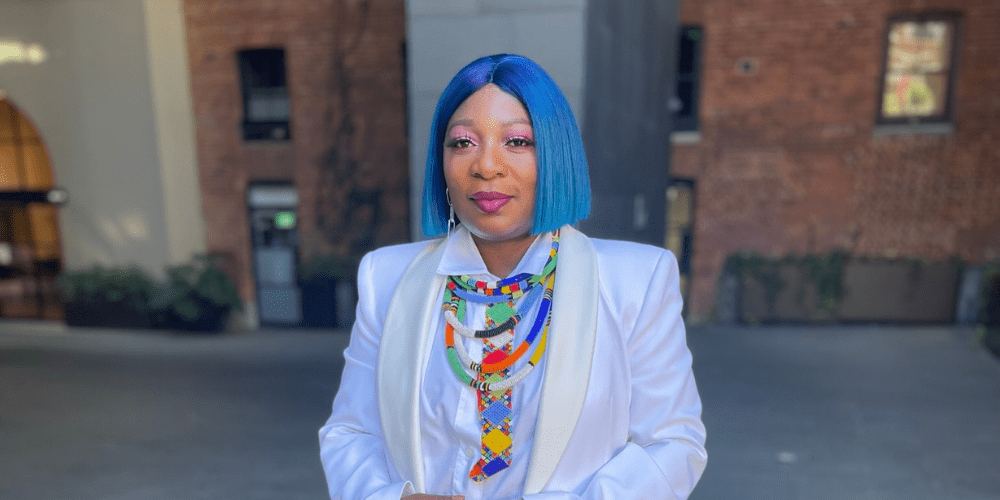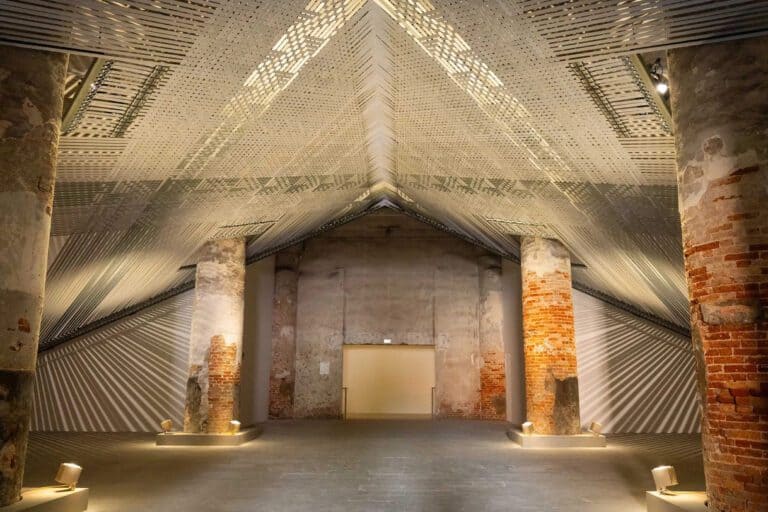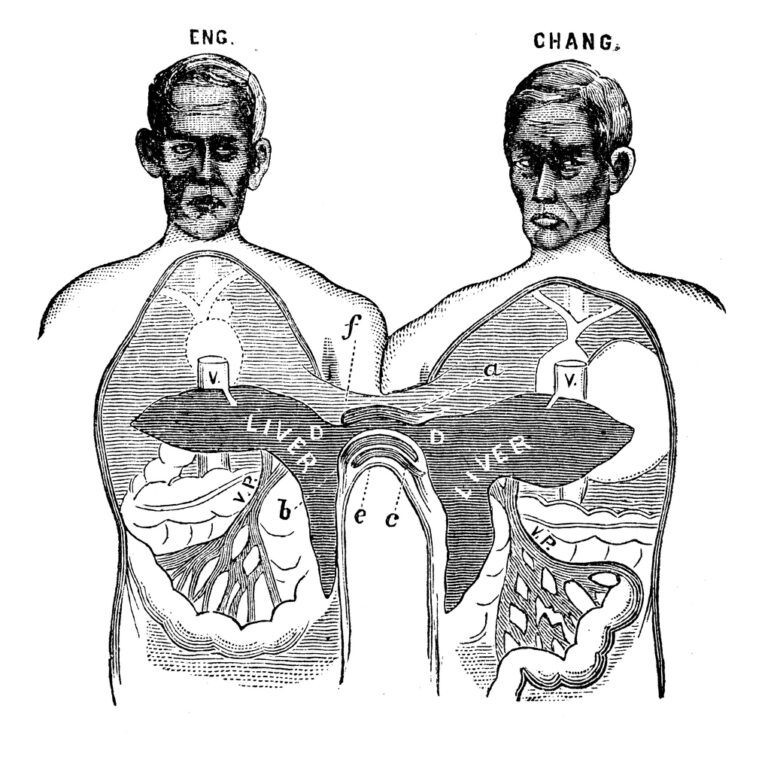Growing up in Zambia, Joan Dellavalle saw discrimination first-hand. “In Zambia you can’t get a job just with good grades, by interviewing well or by being good at what you do,” says Dellavalle. “Landing a good job happens when you have connections, status, it’s based on your tribe and family name and on who you know,” she adds.
For years she watched as her father and other family members struggled to find jobs. Then, after her father became ill with AIDS, she also witnessed how much stigma the family faced, and how he finally lost his job due to the prejudice before he died in 1992. “I was in high school at the time, and we experienced real poverty after his passing. That’s when I knew Zambia was never going to be my home forever,” says Dellavalle.
So in 2011, age 23, she left Zambia and migrated to Perth to study fashion. “I wanted to have my own fashion business with a social purpose.”
To pay for her school fees and keep a roof over her head, she worked as a housekeeper, in a factory, and in a nursing home.
Two months after arriving in Perth she walked into a hair salon for a wash and blow dry. “I quickly realised they didn’t know how to treat Afro-textured coily or kinky hair. I had three stylist touch and look through my hair for almost 30 minutes, in a way that made me feel uncomfortable, only to tell me that they couldn’t help me. I left the hair salon feeling sad from the experience and I realised that not many hairdressers know how to deal with my type of hair.”
Then and there she decided instead of chasing her dream as a fashion designer she would instead become a hairdresser and open an inclusive space where people of all race, colour, and culture would not feel as she did, that having a different type and style of hair is not something to be ashamed of, but an opportunity to learn more about diversity.
She dropped out of college and began looking for an apprenticeship – only to find no-one would take her on. So she began braiding in her living room to build up a client base and save money. By 2004, she was able to open a space in Perth’s CBD and begin her hairdressing career. That space was named Ebony and Ivory.
Dellavalle hired a senior stylist who took on all the paid clientele and simultaneously taught her how to cut, colour and style all hair types. This way she began learning hairdressing, completed her four-year apprenticeship while also completing a TAFE Certificate III in hairdressing and travelled to the US for short courses on African-textured hair methods.
By the third year, she’d employed more senior stylists and had offered apprenticeships to 10 aspiring hairdressers from diverse backgrounds. Dellavalle also imparted to them her knowledge of treating and braiding African- textured hair.
It was important to Dellavalle that all those who worked with her had an interest not just in hair but in the people under the hair dryer. “Hair salons are a grapevine of stories, and a place to understand more about what’s happening ‘out there’,” she says.
“Two types of stories generally come out in a hair salon from clients – one of inspiration and the other of challenges – the latter often of how young people are lacking positive role models and the opportunity to learn about diversity, difference and hear an alternative perspective.”
After years of listening to such countless, remarkable stories, she was reminded of how in Zambia, she would spend time with the Elders, listening as they shared their knowledge and wisdom. “Every weekend in Zambia I would go to the hair salon and hear the Elder women tell their stories. I learned about the power of listening, of possibilities, of accepting, of being open to difference which made me an empathic person.”
Realising the power of storytelling, she created the Ebony and Ivory Masterclasses and Mentoring Program, to create a safe space for sharing stories, exchanging wisdom and supporting each other.
Since 2017, she has run life skills Masterclasses for young people aged from five to 21 to learn about diversity, inclusion and leadership through collaborations including with BN Collective – a youth initiative that inspires community leadership.
She has also held several Ebony and Ivory speaking events with role models such as Florence Drummond, CEO of Indigenous Women in Mining and Resources Australia (IWIMRA); and Mei Yong, founder of Turban Chopsticks, who didn’t let difference get in their way of achieving their dreams. The women share their knowledge on business, finance and growth.
In the future she plans to offer more online courses including in New Zealand and register her foundation, so funds can be used to support children in her home country of Zambia, Australia, Bali and Uganda.
Her aim is to help young people develop life and professional business skills through ongoing education, so they can create their own businesses.







